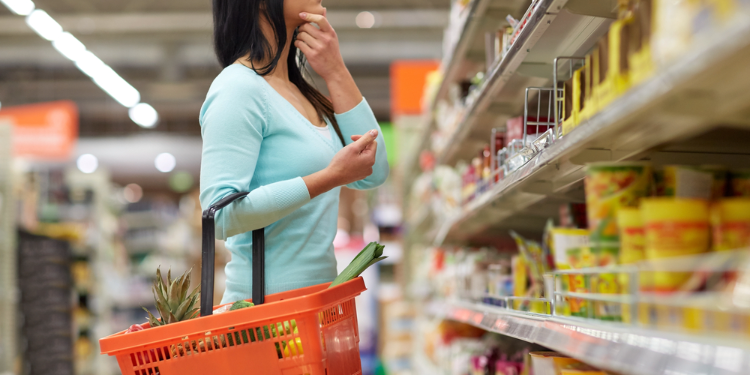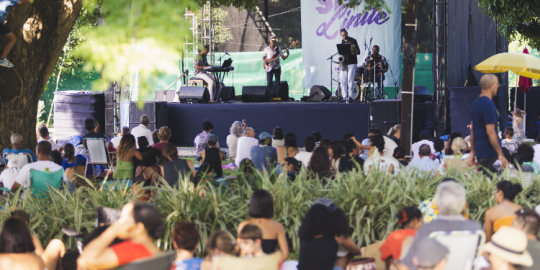Obviously, it all depends on your lifestyle, that is, whether you opt for the same lifestyle as in your home country or whether you choose to live like a local. But according to the Association for the Protection of the Environment and Consumers (APEC), consumers spend on average Rs 500 more on their grocery shopping since the beginning of the year. Indeed, the COVID-19 crisis brought about price spikes in most countries around the world, including Mauritius. But here, many factors account for the price spikes, such as the rising inflation rate, the rising cost of freight, the recent depreciation of the Mauritian rupee, etc. As a result, both Mauritians and expatriates will have to pay the price, whether during their shopping or when they go to the gas station.
For example, there's a new fuel price rise from this Thursday, July 1. The new prices were set by the Petroleum Pricing Committee, which met on Wednesday following a recent government announcement. The price of gasoline went from Rs 48.80 to Rs 50.70 per litre, while that of diesel went from Rs 35 to Rs 37.90 per litre. This is due to a Rs 2 tax that now applies to petroleum products. According to the government, this should help finance the purchase of COVID-19 vaccines to pursue the vaccination campaign in better conditions.
But that's not all! The prices of many foodstuffs have also increased in recent months. For example, there was a 10% rise in the prices of edible oil. Rice, a typical consumer product in Mauritius, is also more expensive. The price of Basmati rice, which is very popular with households and even in the hotel and catering industry, rose from 25% in September 2020 to 30% in January 2021. In 2020, at the peak of the COVID-19 crisis, dry grains and pulses prices, most of which are imported, have also increased. Besides, the national budget 2021-2022 includes a new tax on sugar, which should result in the price rise of certain sweets and pastries. Alcohol and cigarettes prices have also increased recently.
Shopping has thus become a real headache for consumers in Mauritius, whether they are Mauritians or expatriates. Vegetables have not been spared by the surge in prices either. Recent weather conditions and floods resulted in a shortage of several vegetables, so these had to be imported, reflecting a significant cost. Vegetable prices had already risen from 18% in December 2020 to 25% in February 2021. In recent months, the prices of some vegetables rose by 50% or more!
The Agricultural Marketing Board (AMB) could only monitor the prices of onions and potatoes. Since vegetable and fruit markets remained closed during the entire lockdown period, consumers had no other choice than to pay the high prices asked by street vendors. The prices of imported fruits and vegetables sold in supermarkets and hypermarkets across the island were exorbitant too.
So even if Mauritius currently ranks among the cheapest countries worldwide, experts believe that the worst is yet to come. Local consumer protection associations fear a further rise in the coming months due to the depreciation of the Mauritian rupee. So regardless of the brands or standards you're used to buying, expect them to be more expensive. Canned foods, cheese, powdered milk, flour, pasta, and even baby products such as powdered milk, diapers and wipes, cereals, etc., increased considerably since the 1st lockdown in March 2020.
In June 2021, the prices of over-the-counter drugs like paracetamol, calcium, and soluble flu medication had also increased, which is a great concern for consumers since we're in winter.
Published on 2021-07-01 at 09:00
by Veedushi
According to the latest Mercer cost of living report, Port Louis, the capital of Mauritius, is one of the world's most affordable cities in for expatriates. Indeed, Mauritius dropped from 173rd place in 2020 to 182nd place this year. But what about the cost of living in Mauritius?
Article translated from L'île Maurice parmi les destinations les plus abordables au monde ?

Open a bank account that suits you
Discover the best international banks to manage your money securely.
"














